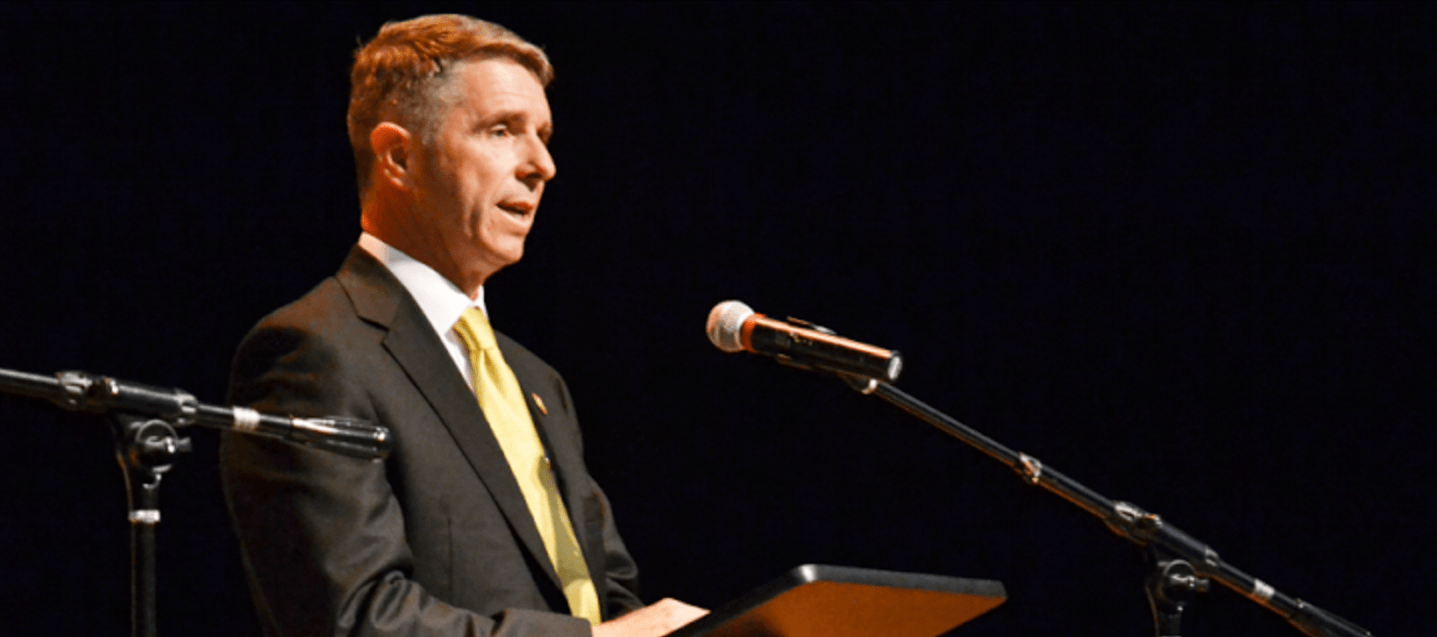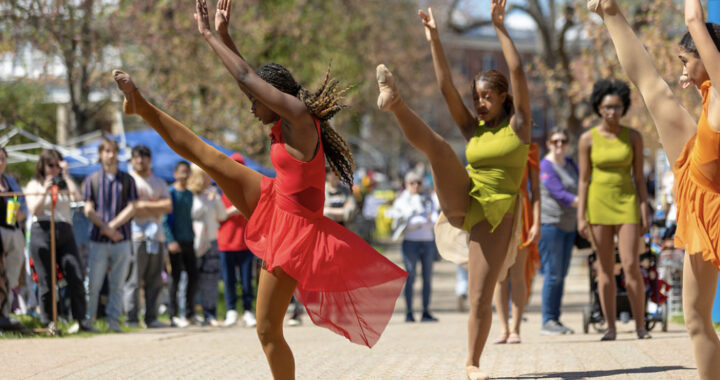UMW hosts first Congressional debate
3 min read
University Relations
By REBEKAH DEBELL
Debates are a night when candidates from each political party take the stage to battle national issues in hopes of winning over voters. These debates take place all over the country, including right here at the University of Mary Washington.
On Monday, Oct. 24, UMW held the first congressional debate in Dodd auditorium where Matt Rowe, the Democratic candidate, Rob Wittman, Republican United States representative and Gail Parker, a Green Party candidate, all came out ready to discuss the issues. During the debate, several topics were addressed, such as, climate change, the second amendment, tuition costs and student debt.
Matt Rowe believes that student debt should be handled by “refinancing student loans so students have debt-free college education.” He thinks that by engaging students in academics they may become more eager to learn, and that these issues might be resolved.
Representative Rob Wittman, however, believes that this situation should be handled through restructuring the education system around the jobs that are available, whereas Gail Parker stated she believes there should be a “bailout of students, rather than Wall Street,” referring to the multiple bailouts of Wall Street like the one in 2008.
Student debt and college funding were two topics that were particularly important to Nick Skibinski, a sophomore who is double majoring in history and English.
Skibinski said that these topics were important to him and that it was encouraging to see that all the candidates “seem supportive of students.”
He attended the debate because the First Congressional District is his voting district. “I want to take advantage of the opportunity to hear the opinions of the congressional candidates,” Skibinski said.
According to Skibinski, he was still an undecided voter when he attended the debate. However, when he left he knew exactly who he is going to cast his vote for and plans to do so on November 8.
Kaylee Tye, a sophomore history major, agrees with Skibinski, and said that she is especially interested in the topic of lowering the cost of higher education.
Although Tye attended the debate for extra credit on her political science exam, she takes special interest in the issue of minimum wage. Candidate Matt Rowe believes it is not a living wage, and Tye agrees.
She stated that she disagrees with Representative Wittman when it comes to minimum wage. She does not believe the issue can be solved by simply making it easier to climb the “professional ladder,” as Representative Wittman says. Tye believes that since someone is always earning minimum wage it should be “indexed to the cost of living,” like Matt Rowe said during the debate.
Tye also mentioned that although the debate was very informative she would have liked to hear the candidates’ more personal opinions rather than what their party believes.
Maddie Reid, a sophomore majoring in environmental science, knew of the debate but decided not to attend because she believes that the candidates are not appealing to millennials with the issues they are promoting.
For instance, Reid takes a personal interest in environmental issues and feels that this is the most important issue facing the nation right now. Although Reid agrees with Parker’s proposal of achieving 100 percent renewable energy by the year 2020, she questions if this is a truly realistic goal.
In general, Reid wished the candidates would be more vocal of their positions on the issues and appeal to the young voters more by raising concerns that directly apply to them.
Even though most students are tired of the campaigning and incessant advertisements at this point in the election, this event sponsored by Legislative Action Committee of the Student Government Association, as well the University of Mary Washington’s Young Democrats and College Republicans, brought together students on campus in thinking about the issues facing our nation today.











